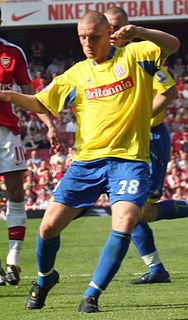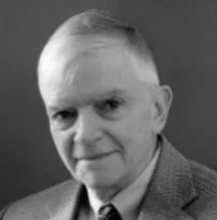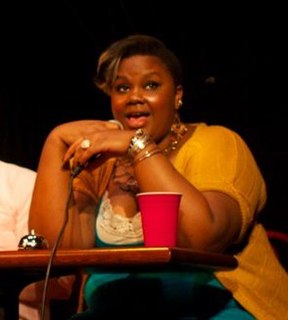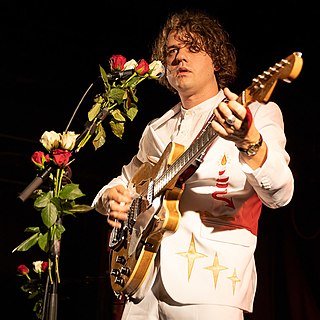A Quote by Laura Donnelly
When I first read 'The River,' I had theories on what it was about, but once we got into rehearsal, I realized it's much simpler: It's about how human beings try to connect. The play holds a mirror up to the audience, and they take from it what's relevant to their lives.
Related Quotes
It is worth repeating at this point the theories that Ford had come up with, on his first encounter with human beings, to account for their peculiar habit of continually stating and restating the very very obvious, as in "It's a nice day," or "You're very tall," or "So this is it, we're going to die." His first theory was that if human beings didn't keep exercising their lips, their mouths probably shriveled up. After a few months of observation he had come up with a second theory, which was this--"If human beings don't keep exercising their lips, their brains start working.
So I realized when I was successful in a piece, it was because I didn't abandon a notion early on what it ought to be, and I let it take me along. So I've had songs that started out as being about the environment and ended up being love songs and love songs that ended up being about the environment. I've had things that I thought would be a poem and realized that it was just too big for that. I've got to do something larger and it became a play. I wrote one poem that started a whole play.
It was like that class at school where the teacher talks about Realization, about how you could realize something big in a commonplace thing. The example he gave--and the liar said it really happened--was that once while drinking orange juice, he'd realized he would be dead someday. He wondered if we, his students, had had similar 'realizations.' Is he kidding? I thought. Once I cashed a paycheck and I realized it wasn't enough. Once I had food poisoning, and realized I was trapped inside my body.
After I finished the Tycoons - on post-Civil War development - I realized how much I didn't know about the first half of the century, even though there had obviously been an enormous amount of development, so I read about and thought about that for a couple of years before I decided I was ready for a book.
I talk all the time about how much I read growing up and how much I love Stephen King and how he impacted my work from a genre perspective, but Pat Conroy wrote some of the most magnificent stories about characters who had to deal with dysfunctional families and try to find a place of honor in their own world and the pain of loss.
Others have questions about how it is that God and human beings can both be speaking through the one document such that you can see and read the personalities of the human authors with their individual vocabularies and literary genres, and yet this is nevertheless the word of God. How can that be? This is quite a contrast with Islam, for example, which holds that the Koran has been dictated in Arabic by God and as a result Mohammed is nothing more than the one who memorizes the word so as to pass it on. There is nothing of human contribution.
Perhaps generations of students of human evolution, including myself, have been flailing about in the dark; that our data base is too sparse, too slippery, for it to be able to mold our theories. Rather the theories are more statements about us and ideology than about the past. Paleontology reveals more about how humans view themselves than it does about how humans came about, but that is heresy.




































